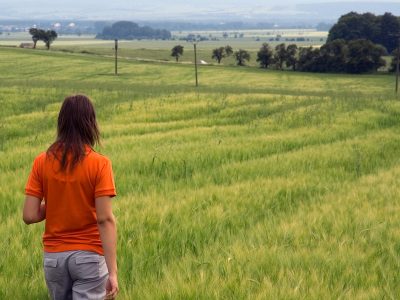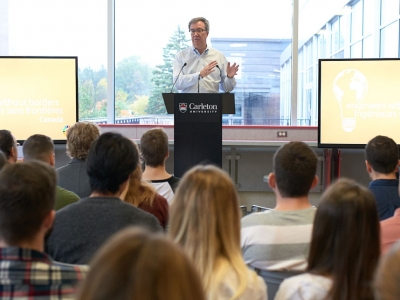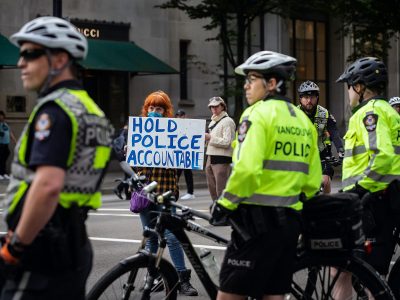Lead image by Serhej Calka / iStock
By Dan Rubinstein
In 1859, American-born shoemaker and abolitionist Abraham Doras Shadd became the first Black man to hold public office in Canada when he was elected as a councillor in southwestern Ontario.
More than a century later, in 1972, social worker Rosemary Brown became the first Black woman elected to a provincial legislature, serving as an MLA in British Columbia. Three years later, she ran for the NDP’s leadership, finishing a close second to Ed Broadbent.
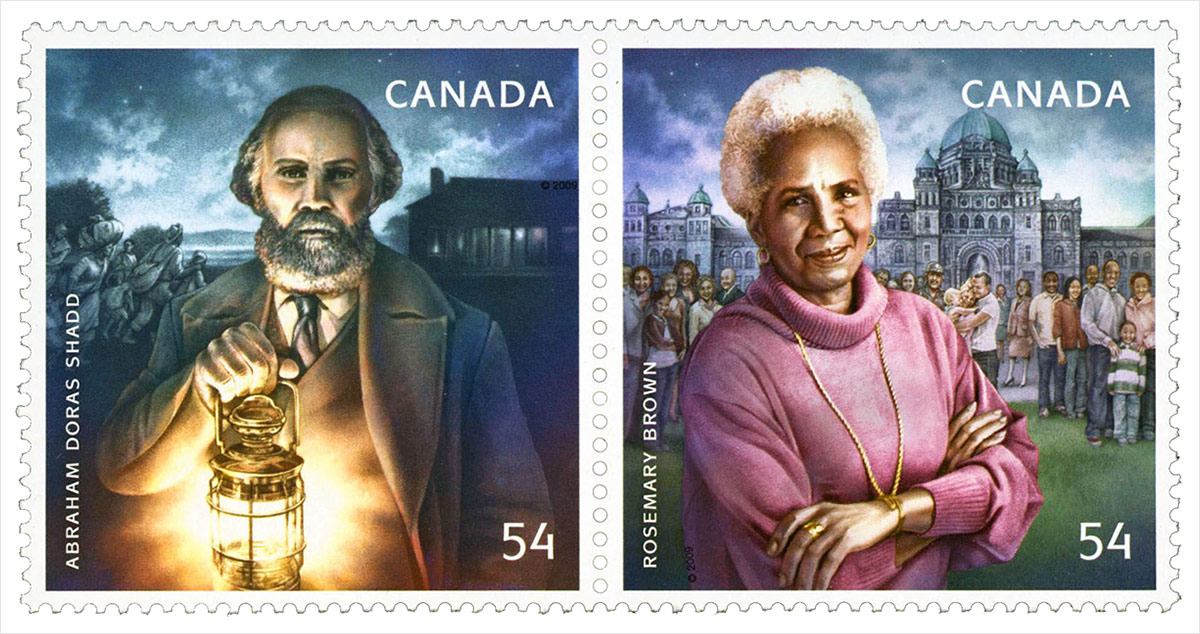
Canadian stamps featuring Abraham Doras Shadd and Rosemary Brown © Canada Post Corporation. Reproduced with permission.
These milestones are a testament to the long history of Black participation in Canadian politics, but most people aren’t aware of this rich legacy because the stories aren’t often told.
That’s one of the reasons why Erin Tolley, the Canada Research Chair in Gender, Race, and Inclusive Politics at Carleton University, wanted to work on a multifaceted project documenting the experiences of the country’s Black politicians and exploring ways to increase diversity.
“One of the really important cornerstones of democracy and our political process is that there’s equal opportunity to participate and that people feel engaged and included,” says Tolley.
“If people don’t feel they’re reflected in political institutions, they tend to trust those institutions less. They tend to not see the decisions those institutions make as legitimate, and often, these decisions are not that effective because they haven’t taken into account a full range of perspectives. So, if we want effective public policy, we need to make sure a broad range of perspective are included.”
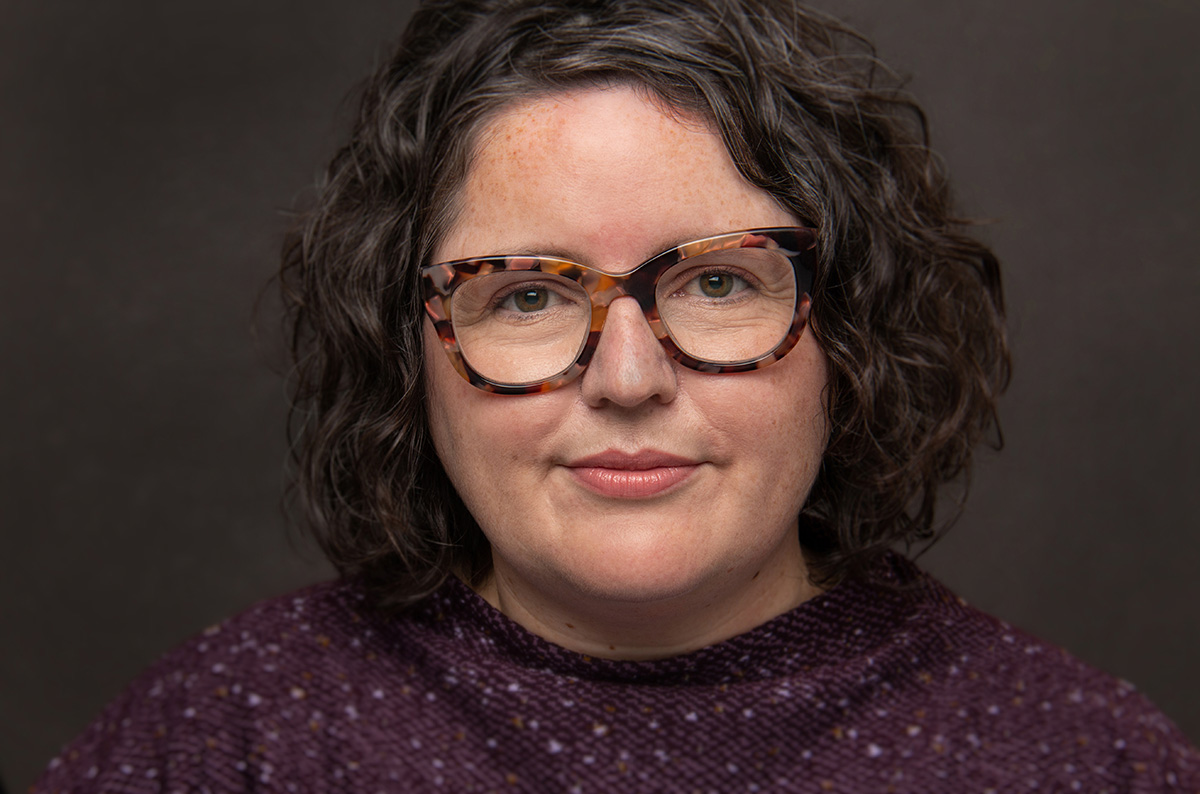
Canada Research Chair in Gender, Race, and Inclusive Politics Erin Tolley
The current backlash against equity, diversity and inclusion doesn’t make sense to Tolley.
“Why wouldn’t you want all of the talented and qualified people to help solve our problems, to help us come up with better policies and decisions?” she asks.
“It’s not about feeling good — it’s a business case. It’s about becoming a more effective and productive society.”

Partnership with Operation Black Vote Canada
The seed for the “Black Canadians in Electoral Politics” project was planted about a decade ago, when Tolley met Velma Morgan, the chair of Operation Black Vote Canada, a non-profit that advocates for Black participation in public office. Morgan asked Tolley why so few Canadian political scientists did research in this area and suggested they “do something about it.
Three years ago, after securing a Partnership Engage Grant from the Social Sciences and Humanities Research Council, they got to work.
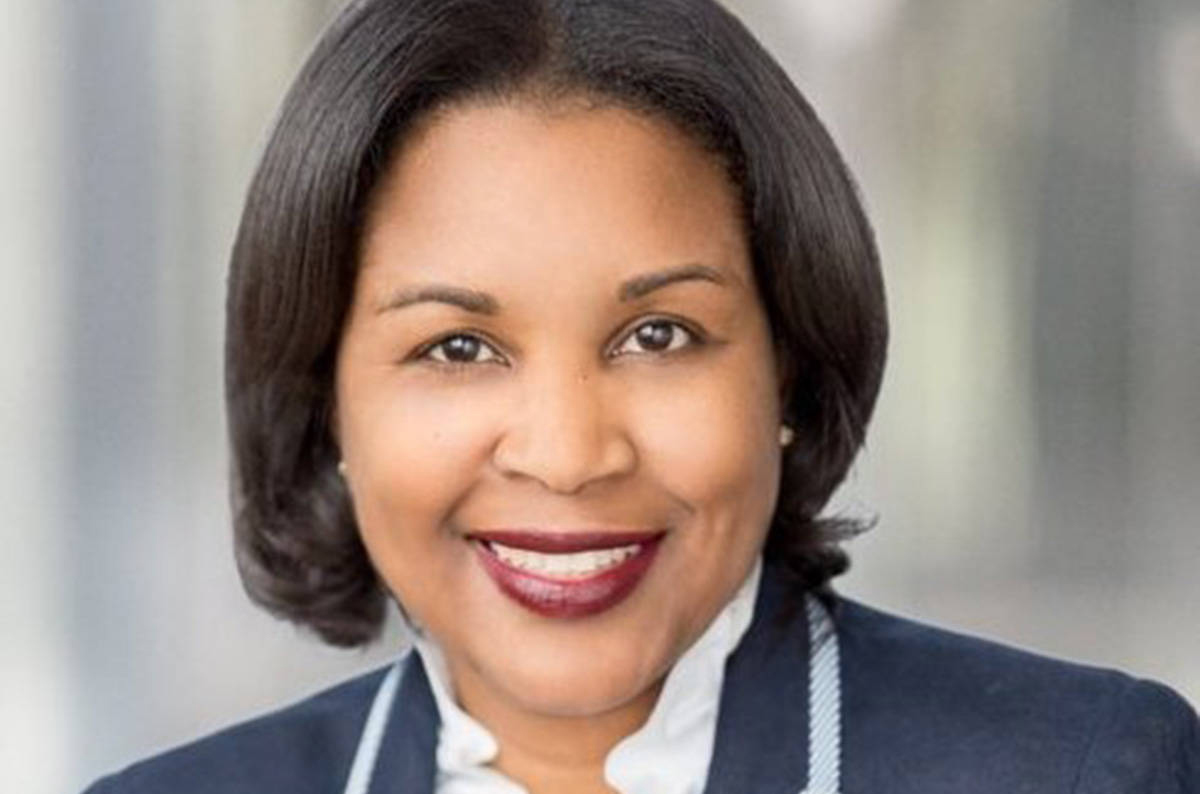
Operation Black Vote Canada chair Velma Morgan
In addition to releasing the comprehensive “Black on the Ballot” report last month, rooted in dozens of interviews and the first-ever national survey of Black Canadians in politics, the collaboration has also yielded a trove of archival datasets and an engaging four-episode podcast hosted by Nana aba Duncan, Carleton’s Carty Chair in Journalism, Diversity and Inclusion Studies.
All of this material — including the list of milestones achieved by politicians like Shadd and Brown — are intended to appeal to a broad audience. The podcast, in particular, is a way for Black politicians to tell their own stories using their own voices, creating both an audio record and a powerful teaching tool.
“I came to Carleton with a commitment to do public facing scholarship,” says Tolley.
“This type of work requires support, funding and time, and I’ve been given all of these things at Carleton. The university has created a space for doing research that resonates. In this case, research that can change the way people think about Black political involvement.”

Nova Scotia’s first Black deputy speaker Angela Simmonds
To showcase this work, Carleton is hosting a public event on the evening of Feb. 11 featuring panelists such as Angela Simmonds, a former MLA and first Black deputy speaker in Nova Scotia. Carleton President Wisdom Tettey, who joined the research team when he was serving as the Principal of University of Toronto Scarborough, will deliver opening remarks.
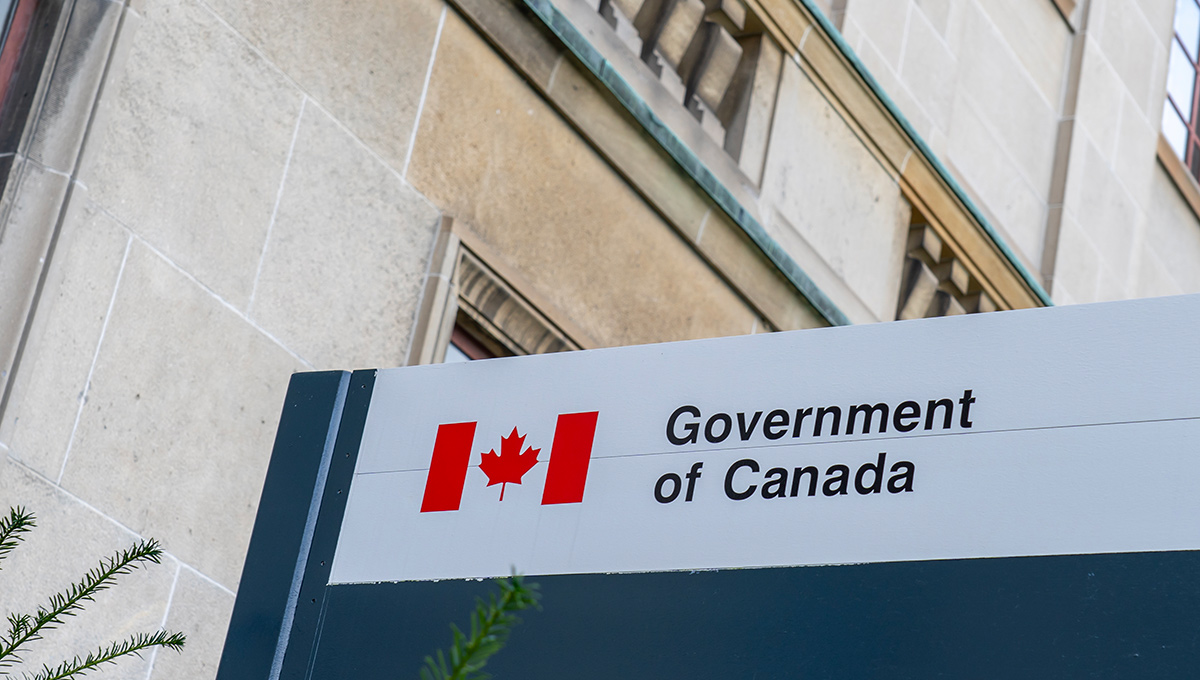
Black on the Ballot
The “Black on the Ballot” report produced an array of findings that stand out to Tolley.
For starters, many Black politicians who run for office are elected on their first try — “a great record of success,” she says.
Despite a perceived gender gap in “candidate emergence,” Black women and men are equally likely to run for office, although Black men are more likely to decide to run on their own — a practice known as political entrepreneurialism — while women are often encouraged to do so by others.
Regardless of gender, respondents reported experiencing high levels of discrimination, not only from members of the public but also from the media, other politicians and municipal and legislative staff.
This is one of the barriers that may deter people from politics, says Tolley, whose report includes a list of recommendations to help level the playing field, such as more candidate training.
“We want to reshape how we think about the recruitment of candidates, how we think about political party behaviour, how we think about media coverage of elections,” says Tolley.
“If we see more Black Canadians running for office and having positive experiences, that can have a catalyzing effect. They can serve their communities and serve as role models at the same time.”
First wide image by MarcBruxelle / iStock
Second wide image by JHVEPhoto / iStock
Monday, February 3, 2025 in Black History Month, Political Science
Share: Twitter, Facebook
